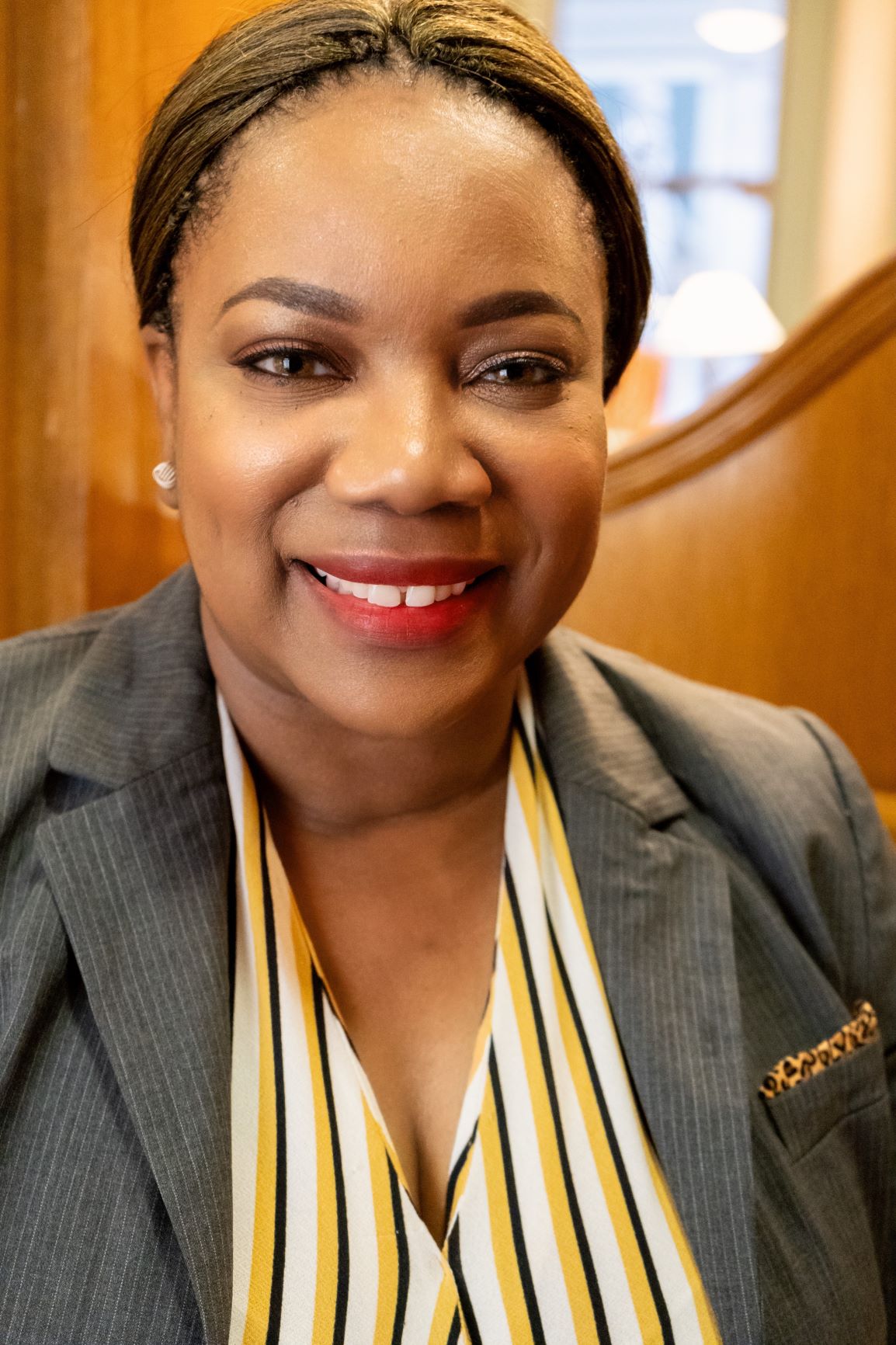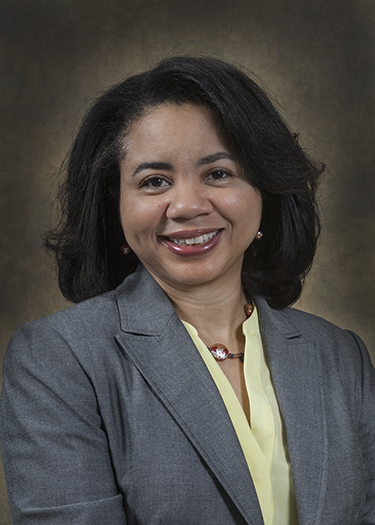The Wayne State University School of Medicine Office of Faculty Affairs and Professional Development will conduct a three-session workshop beginning March 17 examining implicit bias.
The session, open to faculty, staff and students, will be conducted via Zoom. Participants are not required to take part in all three sessions.
“Trauma is Real: Understanding and Interrupting Microaggressions,” the first of the sessions, is scheduled for 4 to 6 p.m. March 17. Participants will examine the trauma individuals experience from microaggressions on targeted people based solely upon their marginalized group membership. A list will be provided of marginalized and dominate groups, along with examples of everyday instances of microaggressions.
By the end of the session, participants will be able to understand how microaggressions impact the mental health of communities, recognize and identify a variety of ways to address microaggressions, both as the receiver and the bystander, and practice a range of practical strategies to use in a variety of contexts.
To participate, RSVP here.
In “Microaggressions: Reframing and Navigating Triggering Events Case Scenarios,” the second session, scheduled from 4 to 6 p.m. April 22, participants will examine pre-clinical and clinical case scenarios and engage in small- and large-group discussions to identify the bias in each scenario. The facilitator will introduce new tools, and participants will be encouraged to apply the tools learned in the first session of the series and activate their own toolkits to work collaboratively to develop concrete ways to mitigate bias in each scenario.

Participants will be able to develop the ability to closely inspect their first impressions of bias when examining cases, examine how their lived experiences and identities shape their biases, understand how bias functions in their day-to-day interactions and the impact of biases in their daily decision-making process, and identify concrete ways, based on their talents, skills and abilities, to commit to mitigating bias.
To attend, RSVP here.
In the last session, “Intersectionality: Examining Concepts of Privilege,” scheduled from 4 to 6 p.m. May 11, participants will complete pre-work through self-directed learning. Definitions of terms such as institutional power, four levels of oppression, privilege and others will be provided. Participants will be expected to draw on lessons learned, tools used in the first and second sessions, and new activities introduced to examine the complexities of their own identities.

The selected activities for this training are not designed to make participants feel guilty or ashamed, but to explore how we all have some privilege and to learn how to engage our privilege to determine if we want to be an actor, ally and/or accomplice.
By the end of this session, participants should be able to reflect on the impact of privilege on their own lives, engage in discussions with colleagues to compare the effects of implicit bias and privilege, synthesize in small-group settings the effects of privilege on health equity and analyze ways to mitigate privilege in institutional systems.
To attend, RSVP here.
The facilitator for the sessions is Vicki Sapp, Ph.D., director of Student Engagement, Diversity and Inclusion, and assistant professor of Medical Education at the Geisinger Commonwealth School of Medicine.
Dr. Sapp has more than 20 years of experience in higher education, 15 directly focused on inclusion, diversity, equity, access, retention and success. Her research, scholarship and publications focus on making the invisible visible. She is responsible for bringing the Safe Zone LGBTQA project to Geisinger, and trains, coordinates and oversees the design, development and continuous enhancement of the school’s Professional Identity Formation Cultural Humility Curriculum. In addition, Dr. Sapp is a Title IX resources advisor.
Rhonda Dailey, M.D., assistant professor of Family Medicine and Public Health Sciences, and scientific director of the Office of Community Engaged Research at the School of Medicine, will serve as moderator during the sessions.
Dr. Dailey has 20 years of experience conducting quantitative and qualitative behavioral and health disparities research, and expertise in community engagement and the recruitment and retention of minority populations. Her research interests include the influence of racism on health; women’s health; health equity and disparities related to chronic disease, primarily asthma and hypertension; patient attitudes and beliefs about health; and health care quality.
For additional information, contact Kate Laimbeer at 313-577-0216 or kate.laimbeer@wayne.edu.